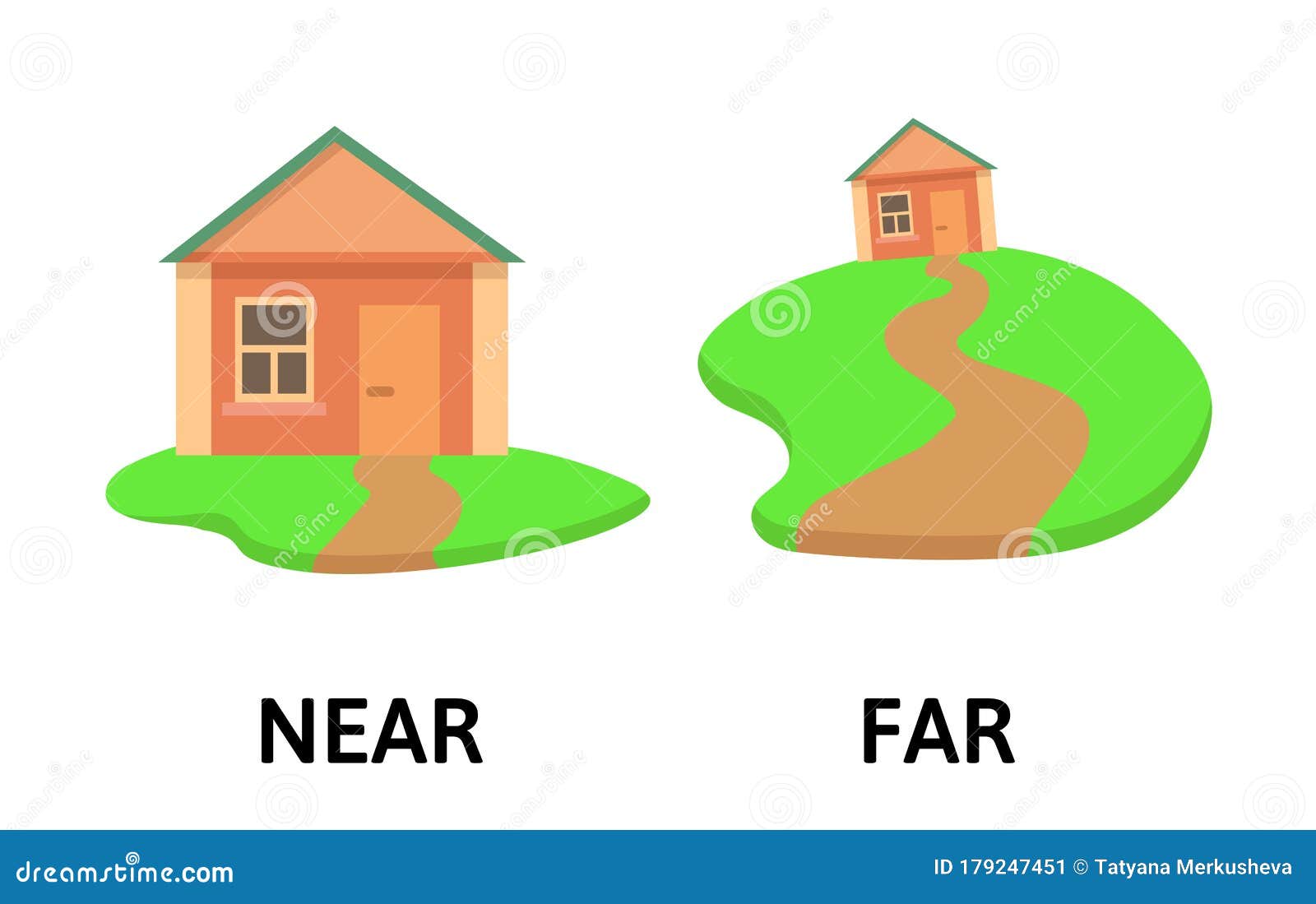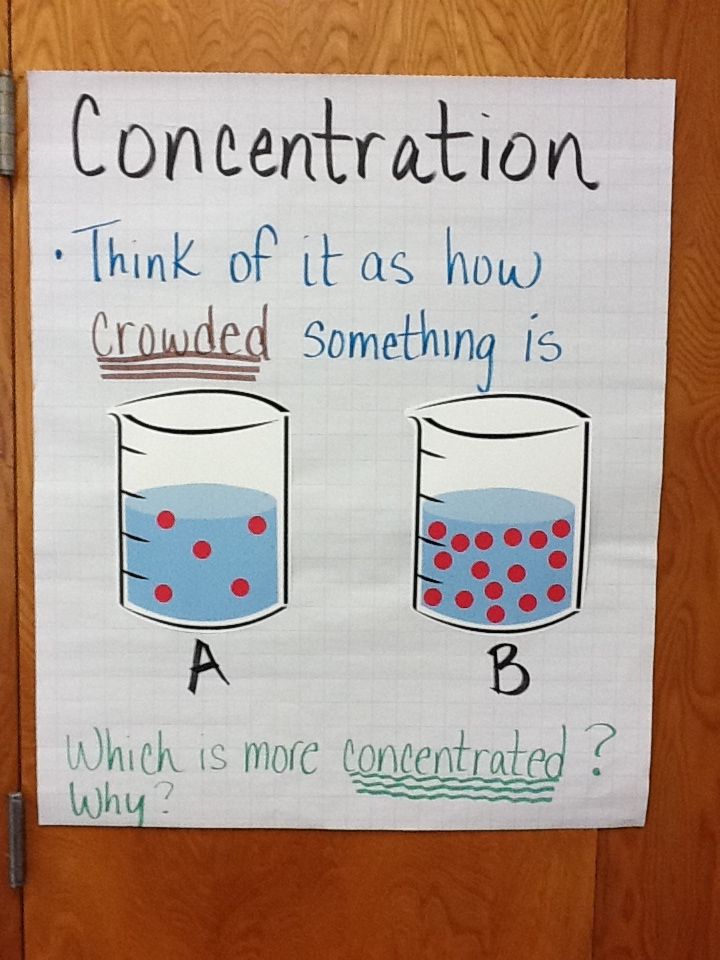Is Psychology a Science and a Health Science? Exploring Its Role, Recognition, and Real-World Impact
Understanding Psychology as a Science
Psychology is fundamentally concerned with the study of behavior and mental processes. Over the past century, it has evolved to employ rigorous scientific methods-observation, experimentation, and empirical data analysis. These approaches underpin the discipline’s efforts to understand, predict, and sometimes influence human thought and behavior. According to recognized authorities, psychology is widely accepted as a science because it systematically investigates phenomena using the scientific method, collecting observable, measurable evidence that is subject to peer review and replication [4] .
The legitimacy of psychology as a science is also supported by its inclusion in the National Science Foundation’s roster of recognized STEM (Science, Technology, Engineering, and Mathematics) disciplines. This placement underscores psychology’s status alongside fields like biology and chemistry in terms of methodological rigor and its commitment to empirical research. The American Psychological Association’s educational guidelines reinforce scientific inquiry and critical thinking as core goals of training in the discipline [2] .
Social Science or Natural Science?
Psychology is most commonly designated as a social science . This reflects its focus on individuals and groups, their behaviors, and the social and cultural contexts that shape them. Unlike natural sciences such as physics or chemistry, psychology deals with complex variables unique to human experience, making strict experimental control more challenging. However, certain subfields-particularly neuropsychology and biological psychology-overlap with natural sciences, investigating the biological underpinnings of behavior using methods shared with neuroscience and medicine [1] .
Despite lingering debates about its status, psychology’s use of scientific methodology and its impact on real-world problems are widely recognized. Studies have shown that psychology is one of the key “hub sciences” that inform and influence a broad range of other disciplines, from medicine to social policy [3] .
Is Psychology a Health Science?
Psychology is not only a science but also plays a pivotal role as a health science . Health sciences are disciplines focused on the maintenance and improvement of health through the study, diagnosis, treatment, and prevention of disease and mental illness. Clinical psychology, health psychology, neuropsychology, and counseling psychology are just a few subfields directly involved in healthcare settings. Professionals in these areas apply scientific knowledge to assess, diagnose, and treat mental and behavioral health concerns, working alongside physicians, nurses, and other healthcare providers.
Many healthcare systems recognize psychologists as essential providers of mental health services. For example, clinical psychologists are often involved in hospitals, outpatient clinics, rehabilitation centers, and private practices, providing evidence-based therapy and psychological assessments. Their work is critical in addressing conditions such as anxiety, depression, trauma, and neurodevelopmental disorders. Health psychologists specifically study how psychological, behavioral, and cultural factors contribute to physical health and illness, designing interventions to improve patient outcomes.
If you are interested in learning more about psychology’s role in health, you can find authoritative information from organizations such as the American Psychological Association (APA) or the National Institutes of Health (NIH). To locate licensed mental health professionals or obtain mental health support, you can search for psychologists through your state’s official licensing board or consult your healthcare provider for referrals.
How Scientific Methods Are Used in Psychology
Scientific investigation in psychology typically follows a set of steps: formulating hypotheses, designing and conducting experiments, collecting and analyzing data, and drawing evidence-based conclusions. Psychologists use a wide range of research methods, including controlled laboratory experiments, naturalistic observation, longitudinal studies, and surveys. The emphasis on statistical analysis and replication ensures that findings are reliable and can be used to inform public policy, healthcare practices, education, and more [4] .
Some areas of psychology, such as cognitive and behavioral psychology, focus on observable behavior and measurable outcomes, while others, like psychodynamic or humanistic psychology, explore subjective experiences and meaning. All, however, are increasingly expected to support their approaches with empirical evidence and adhere to the standards of scientific inquiry.
Practical Steps for Accessing Psychology as a Science and Health Science
If you are interested in studying or working in psychology, there are several pathways you can pursue:
- Education: Undergraduate and graduate programs in psychology are offered at accredited colleges and universities. Look for programs that are recognized by regional accreditation bodies and, if relevant, those that have specific accreditation for clinical or counseling psychology.
- Licensure and Certification: To practice as a psychologist in healthcare settings, you typically need to earn a doctoral degree (PhD or PsyD), complete supervised clinical experience, and pass a state licensing exam. Requirements vary by state, so consult your state’s Board of Psychology for details. The American Psychological Association provides guidance on licensure requirements and career pathways.
- Career Opportunities: Psychology graduates work in healthcare, education, research, business, and government. If you are seeking a career in mental health, consider roles such as clinical psychologist, health psychologist, counselor, or researcher. Many positions require advanced degrees and state licensure. To explore current job openings, you can review listings on academic job boards, healthcare provider networks, or reputable employment websites.
- Professional Support: If you are looking for mental health services, you can contact your primary care provider for referrals or use the APA’s psychologist locator tool. Many insurance providers also maintain directories of in-network behavioral health professionals. For crisis support, the National Suicide Prevention Lifeline (1-800-273-8255) and other national helplines can connect you to immediate assistance.
When searching for programs, jobs, or services, use keywords such as “accredited psychology program”, “licensed clinical psychologist”, “state board of psychology”, or “mental health services” along with your location for best results. Be sure to verify the credentials of educational institutions and practitioners through official state or national databases.
Challenges and Ongoing Debates
Despite broad acceptance, psychology’s status as a science is sometimes questioned due to the complexity of its subject matter and the difficulty of controlling for all variables in human behavior. Some critics label psychology a “soft science” compared to fields like physics or chemistry, citing issues such as inconsistent definitions, lack of unified theoretical frameworks, and challenges in replicating studies [5] . However, psychology continues to refine its methodologies and expand its empirical base, contributing valuable knowledge to both science and society.
Alternative approaches exist within psychology, ranging from highly quantitative research to qualitative, interpretative methods. This diversity enriches the field but also fuels debate about what constitutes “scientific” psychology. For students and professionals, understanding these perspectives is essential for informed study and practice.

Source: gyngenyeestudyquizz.z14.web.core.windows.net
Key Takeaways and Next Steps
Psychology is recognized as a science because it relies on systematic, empirical methods to investigate human thought and behavior. It is classified as a social science, but many of its subfields-particularly those involved in mental and physical health-are central to the health sciences. Whether you are seeking to study psychology, pursue a career in mental health, or access psychological services, numerous pathways and resources are available. Always consult official agencies, accredited programs, and licensed professionals to ensure you receive accurate information and quality care.

Source: es.learniv.com
For further guidance, consider contacting the American Psychological Association, your state’s Board of Psychology, or your healthcare provider for personalized recommendations and verified resources.
References
- [1] University of Phoenix (2024). Is Psychology a Science?
- [2] Southern New Hampshire University (2024). Psychology as a Science
- [3] University of Central Lancashire (2024). Is Psychology a Science?
- [4] Simply Psychology (2023). Is Psychology a Science?
- [5] National Institutes of Health/National Library of Medicine (2020). Psychology’s Status as a Science: Peculiarities and Challenges



